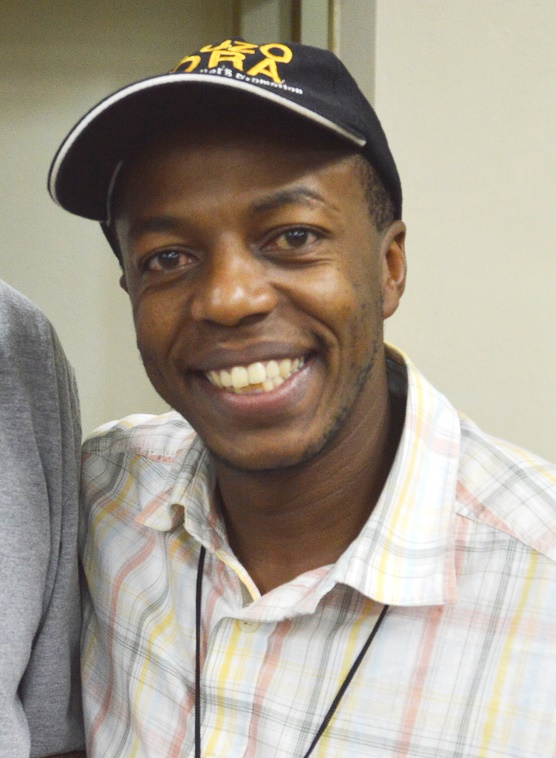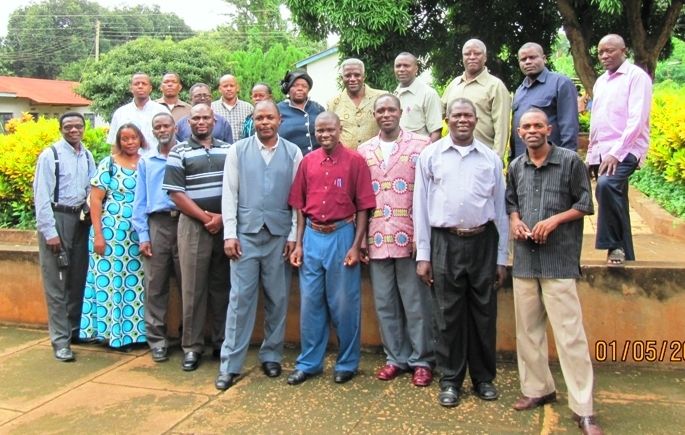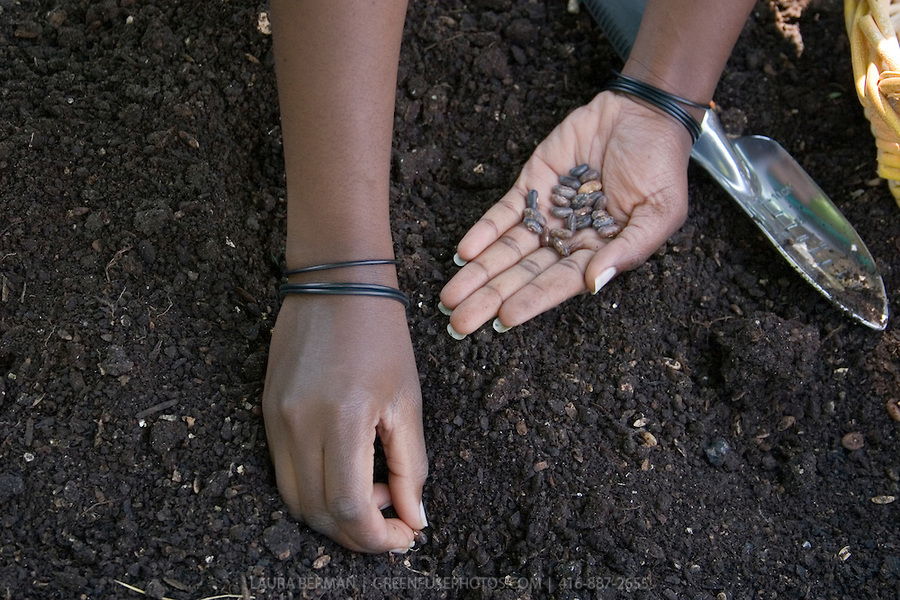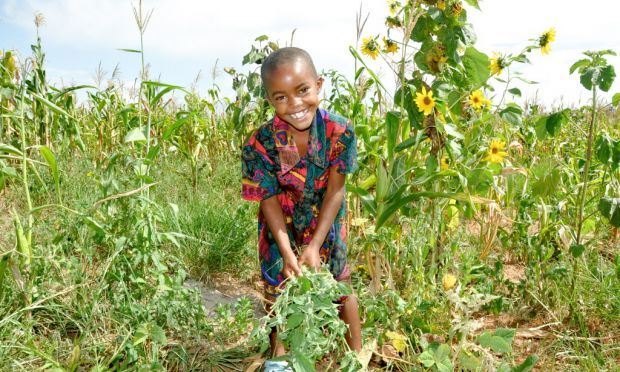Sometimes, a farmer must prepare her soil for months–even years–before it is ready to be seeded. This process can’t be rushed; it requires patience, planning and faith that something good will be produced in the end.
In Tanzania, God has rewarded years of diligent, faithful work with an exciting new partnership with a leading Christian relief and development organization called World Vision. This partnership is expected to impact 4.2 million people–roughly 10 percent of the nation’s population.
 Over the past several years, the DNA network in Africa, called Samaritan Strategy Africa (SSA), has trained staff from many organizations including Compassion International, Tearfund, Campus Crusade, World Concern, Navigators, and the Evangelical Free Church of America. SSA facilitators do not market or push their ideas on anyone; rather, they simply respond to requests for training from those who have seen results from the training or heard about its impact.
Over the past several years, the DNA network in Africa, called Samaritan Strategy Africa (SSA), has trained staff from many organizations including Compassion International, Tearfund, Campus Crusade, World Concern, Navigators, and the Evangelical Free Church of America. SSA facilitators do not market or push their ideas on anyone; rather, they simply respond to requests for training from those who have seen results from the training or heard about its impact.
 “It works better if you wait until people are ready,” says Karobia Njogu, in charge of training programs at CMS-Africa (the organization under which SSA trains others), mainly in South Sudan, Kenya and Tanzania.
“It works better if you wait until people are ready,” says Karobia Njogu, in charge of training programs at CMS-Africa (the organization under which SSA trains others), mainly in South Sudan, Kenya and Tanzania.
“One of our Operating Principles is following God’s lead, and it entails not pushing or promoting ourselves but, rather, identifying where God is already working, and following His footsteps.
“It yields best results for, as the First Farmer, He has already prepared the ground for seed to follow.”
.
Preparing the soil
For years, SSA coordinator Rev. Dennis Tongoi (also the CMS-Africa international director) and the team of trainers in the Eastern African region have mentored and facilitated numerous training conferences.

In particular, the team had desired partnership with World Vision, but the door was not open. Still, they prepared the soil by identifying and equipping local believers to train others in the biblical worldview and its impact on community development, waiting for an opportunity to share. This leadership training began with the first Tanzania Vision Conference in 2005, followed by five more conferences over the next several years and the translation of Vision Conference materials into Tanzanian Kiswahili in 2011.

The goal of this preparation was to equip local churches and development organizations with biblical principles that address root causes of poverty. Karobia says many development organizations enter an unfamiliar community, work there for three to seven years, then leave behind programs that often are unsustained. Before too long, the community that relied on this outside support reverts to its old ways, remaining trapped in poverty.
Karobia and his team stress that local leaders must learn to use local resources to bring transformational, long-lasting change. This often requires a foundational worldview shift, replacing cultural lies resident in each culture with the truth of God’s Word.
Planting the seeds
In 2012, Dennis was invited to preach in an international congregation in Arusha, a major city in Tanzania. In the audience was Tim Andrews, the national director of World Vision Tanzania.

Tim was very intrigued and later invited the Samaritan Strategy team to do a vision-casting conference for some of his staff members. Tim caught the vision (or the “virus,” as we call it in the DNA) and sought Dennis’ advice on how to train his staff in the messages Dennis had shared.
“It felt like an answer to prayer,” says Tim. “It was an overwhelming sense that Dennis had a message that would break the yoke of poverty that results from a disempowered and dependency-oriented worldview. This training has become an essential foundational piece in the critical path for empowering communities with economic development, natural-resource management and child well-being outcomes.”
From then, things progressed fast–the soil was ready, and the crops were shooting up.
Tim wanted to see this training integrated in every one of World Vision Tanzania’s operational regions–comprising more than four million people. The trainings, to be fully funded by World Vision, would be conducted over the next three years and would target 3,000 community leaders: World Vision staff, faith leaders, government officials, workers in civil society, and other partners.
Reaping the harvest
Because of the advance preparation and the 22 trainers who had been raised up, SSA was able to start training World Vision staff right away. Before the end of 2012, eight Vision Conferences were done, and many more have taken place so far in 2013.
“If Tanzanians will trust in God, Tanzanians can use their resources and be self reliant. The nation, church and community continue to be poor by believing that without aid there is no development. If these vision conferences are conducted in villages, the poor will be transformed.” -Tanzanian Vision Conference participant
One unique twist to this story is the audience of these Vision Conferences. Typically, the audience is composed of Christians, so Bible verses are treated as truth and Jesus is discussed freely. In the World Vision Tanzania context, however, there is a mix of adherents to Christianity, Islam and traditional African religions. The training, therefore, must be adapted to consider the audience’s sensitivities and how participants would view their own religious beliefs in relation to their daily lives.
First, participants are walked through a process of identifying and assessing their own worldviews. Then, they ask themselves: Will my worldview move my community toward God’s intention? Leaders are encouraged and challenged to identify the resources within their communities, rather than becoming dependent on outside support for the changes they want to see.
Intentional discipleship
These training events are just the beginning of an intentional plan to promote transformation in Tanzanian communities. After each Vision Conference, SSA trainers and World Vision Tanzania will follow up on the intended application by the participants, then document the results of the training. Seed Projects, a natural product of Vision Conferences, are conceived and implemented by the participants. As we know, Seed Projects often result in widespread, long-lasting transformation.
For example, in Mabokweni area, an SSA training event caused the local Lutheran church to collect money among themselves and use it to repair the community’s maize milling machine which had been broken for a long time. They had been waiting for an outside donor to provide the needed repair but decided to take matters into their own hands!

“This is God’s doing,” Karobia says with excitement. His vision is for many World Vision staff to become trainers in the biblical-worldview message, spreading the message of community development that relies on local resources, is driven by members of the community who look to God for their sustenance and give Him glory for changes that occur, and is sustainable for generations to come.






A beautiful “virus” to catch! “Tim caught the vision (or the “virus,” as we call it in the DNA) and sought Dennis’ advice on how to train his staff in the messages Dennis had shared.